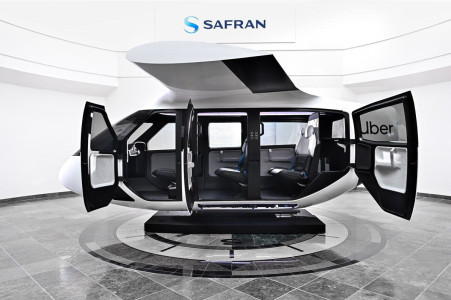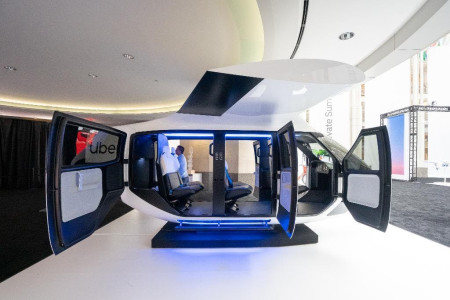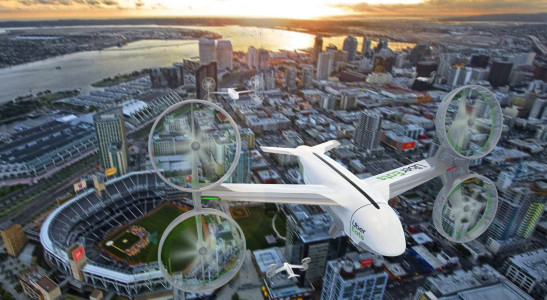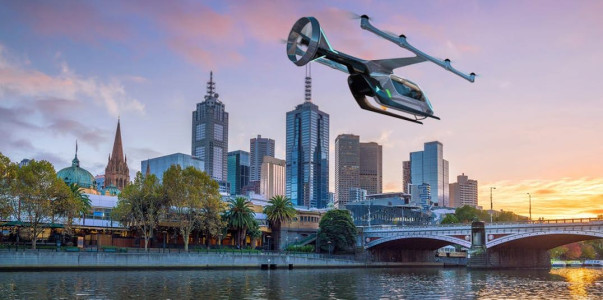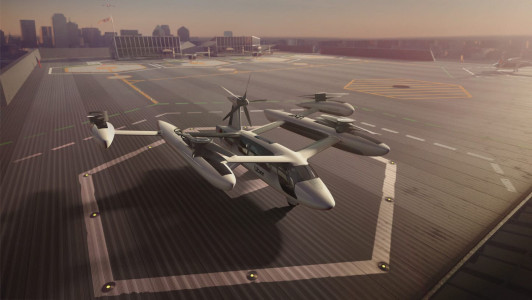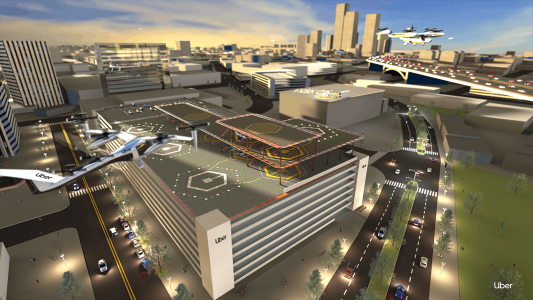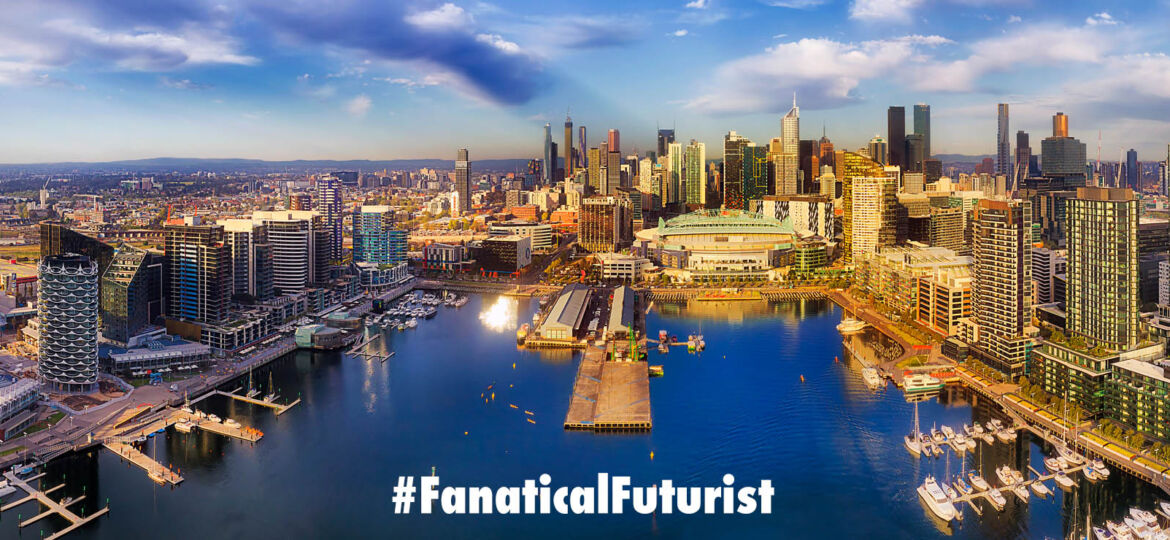
WHY THIS MATTERS IN BRIEF
The more people talk about and experiment with new technologies, like flying taxis, the more likely they are to get deployed.
Interested in the Exponential Future? Join our XPotential Community, future proof yourself with courses from our XPotential Academy, connect, watch a keynote, or browse my blog.
With plans already in the works to spin up flying taxi services in Dallas and Los Angeles, Uber has now added a third city, Melbourne, Australia, to the list. The announcement marks the first pilot city outside the US for the forthcoming but highly speculative Uber Air service with the ambitious company targeting test flights for next year.
There are plenty of big names making moves in the flying taxi business now, and Uber definitely aren’t alone, with the likes of Airbus, Aston Martin, Bell, Boeing, and Mercedez all dipping their toes in the proverbial cloud water, as well as a host of start ups such as EHang and Volocopter, who both first trialled their flying taxi’s in Dubai back in 2017, and more recently Alaka’i Technologies whose Skai hydrogen fuel cell powered flying taxi carries five passengers and has an industry leading 400 mile range.
Uber Air’s general business model is based on hailing flying taxis in the same way you hail an Uber ride today using a smartphone, with the idea that using flying taxi’s instead of regular ones, will help alleviate traffic at street level and cut down on pollution in city centers.
First revealed a couple of years ago Uber Air recently ran a number of design competitions to design the first flying taxi stations, and they’ve since announced plans to launch their first pilot programs by 2023. And now the company is expanding this vision to include the Australian city of Melbourne, announcing the move at its Uber Elevate Summit in Washington DC this week, with the company describing Melbourne “as the ideal place for an early Uber Air expansion.”
“Australian governments have adopted a forward-looking approach to ride-sharing and future transport technology,” says Susan Anderson, Regional General Manager for Uber in Australia, New Zealand and North Asia. “This, coupled with Melbourne’s unique demographic and geospatial factors, and culture of innovation and technology, makes Melbourne the perfect third launch city for Uber Air.”
Uber also used its annual transportation conference to offer a glimpse of the cabin its passengers could be traveling in. The concept was cooked up with Safran Group, a transport and propulsion company who also designed the drive systems for Bell’s air taxi concept revealed earlier in the year. It says its solution for Uber is the result of passenger experience studies and centers on its objective of allowing quick travel around cities.
“Through the process with Uber, we had six full-scale mockups, with multiple iterations in each one, looking at the seats, liners, and window positioning,” says Scott Savian, EVP of Design and Innovation Studio – Safran Cabin. “We don’t want any excess weight or cost, but the mission also requires safety, a comfortable user experience, and a seamlessness of all the user interactions. So while the cabin may be minimal in some ways, it’s absolutely purpose built to the mission.”
There’s a whole lot to play out in terms of regulation and validation of these technologies before we see flying taxis take flight, but Uber is outlining a very ambitious timeframe for its Uber Air service. It says test flights are due to start in 2020 in Melbourne, with commercial operations slated to kick off in 2023.
“The State Government of Victoria, Australia has been highly supportive, and we look forward to partnering with them to progress into this first international trial for Uber Air in Melbourne,” says Anderson.


